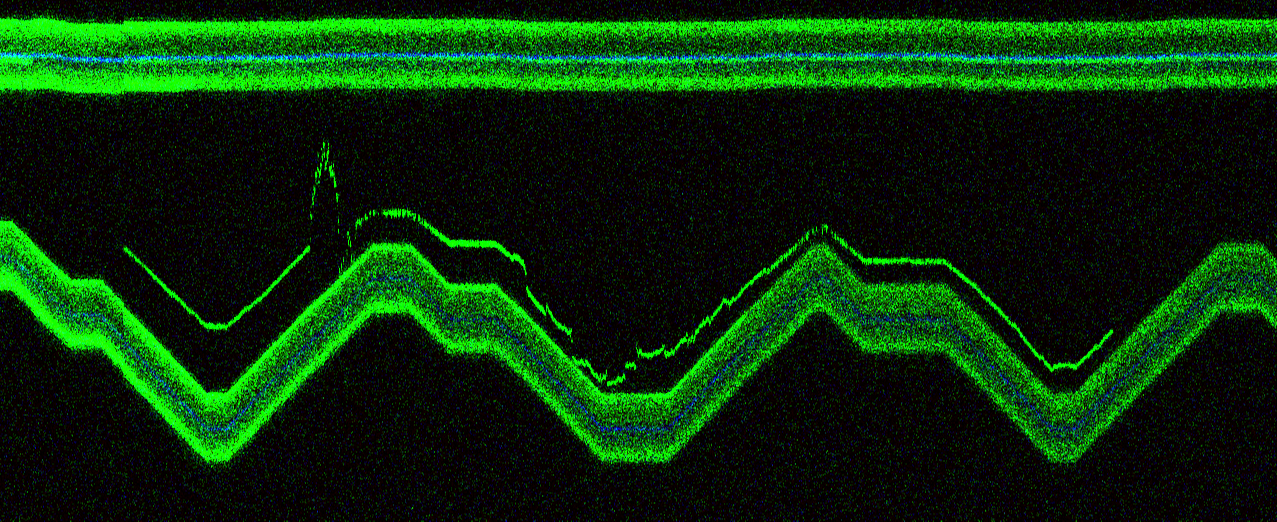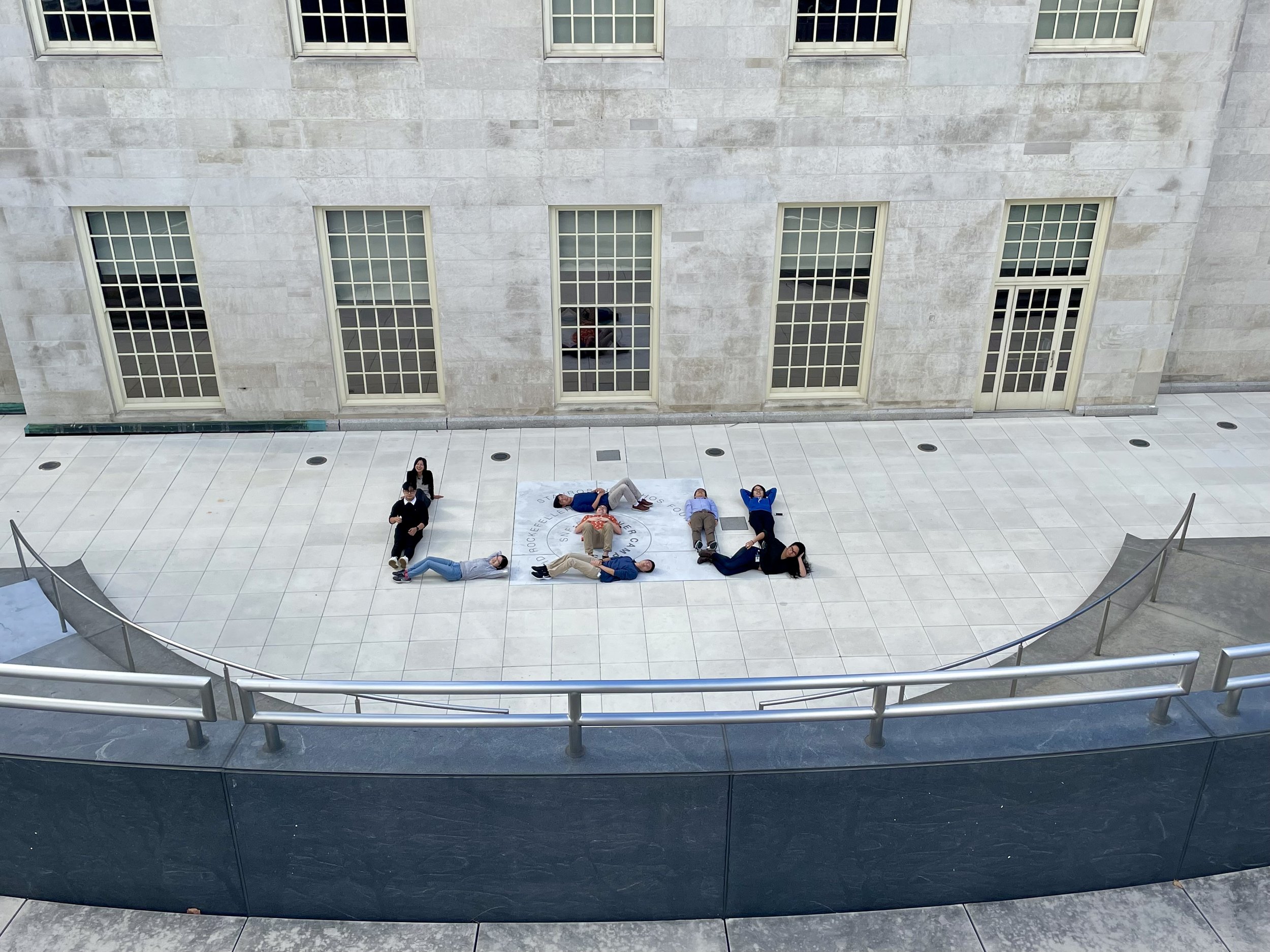Dissecting the intricate dynamics of DNA, RNA, and protein complexes.
The Liu Lab consists of a multidisciplinary group of scientists who share a passion for dissecting the intricate dynamics of the molecules of life, including DNA, RNA, proteins, and the complexes they form.
We design assays to directly observe how these nanoscale macromolecules-operating at minuscule energy ranges-assemble, move, and collide one at a time with exquisite sensitivity and precision. We leverage a toolkit known as single-molecule techniques to record real-time trajectories of individual complexes, thereby delineating the causal relationship of spatiotemporally-coupled molecular events.
The greatest advantage of this approach is its unique ability to capture transient, stochastic, and heterogeneous molecular behaviors hidden from bulk experiments. These features often underlie the physiological functions of macromolecules and their dysregulation in disease.
There are two major classes of single-molecule methodology: fluorescence-based detection and force-based manipulation.
Fluorescence-based detection
monitors the assembly/disassembly and conformational changes of biological complexes.
Force-based manipulation
reveals the mechanics and energetics of molecular machines.
We utilize both types of methods, frequently integrating them in a co-temporal manner, to elucidate the biophysical principles governing the interaction, coordination, and competition of biomolecular machines that act on bacterial and eukaryotic chromosomes.
Our research program involves the skills of advanced microscopy, biochemistry, and quantitative analysis. As such, our lab offers a fertile training ground for students and scholars who are interested in pursuing a career at the interface of chemistry, biology, and physics.
The Liu Lab welcomes graduate students from The David Rockefeller Graduate Program in Bioscience, The Tri-Institutional PhD Program in Chemical Biology (TPCB), and The Tri-Institutional MD-PhD Program.
Diversity is our strength.
The Liu Lab welcomes trainees and scholars from all backgrounds, and we strive to support both lab members and collaborators in achieving their maximum scientific and professional potential irrespective of race, ethnicity, citizenship, religion, sexual orientation, gender identity, disability, and socioeconomic background. We believe diversity of thought, backgrounds, and identities drive scholarly innovation and are committed to actively fostering an inclusive environment in the lab and on campus.
The lab supports a variety of diversity-focused student groups at Rockefeller and across the Tri-Institutional campus including the Rockefeller Inclusive Science Initiative (RISI), Women in Science at Rockefeller (WISer), People at Rockefeller Identifying as Sexual/Gender Minorities (PRISM), and the Tri-Institutional Minority Society (TIMS).
Our group is also committed to participating in scientific outreach programs, which promote equitable access to the scientific process and research opportunities. These include programs run by RockEDU Science Outreach, the Tri-Institutional Outreach Club, and the Tri-Institutional Minority Society (TIMS).





